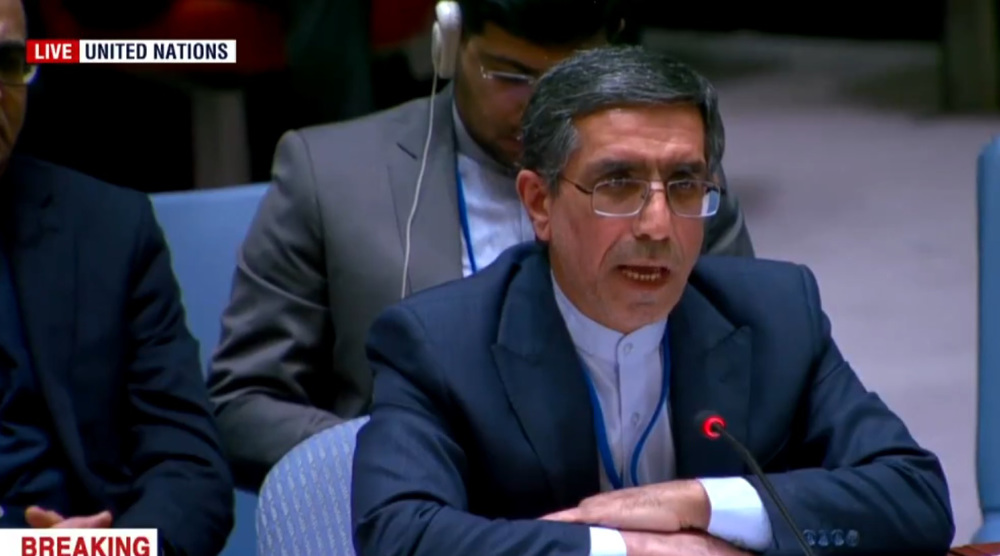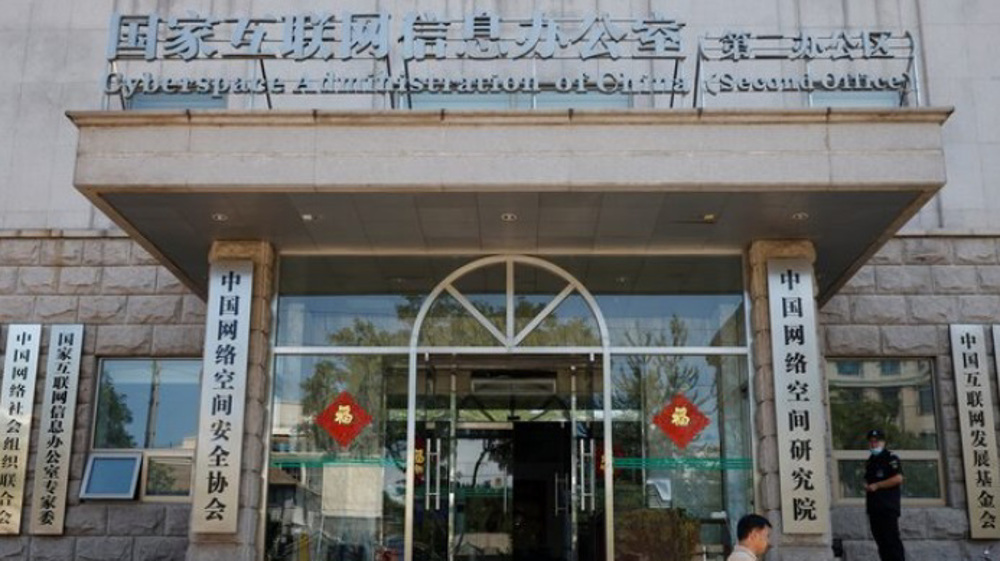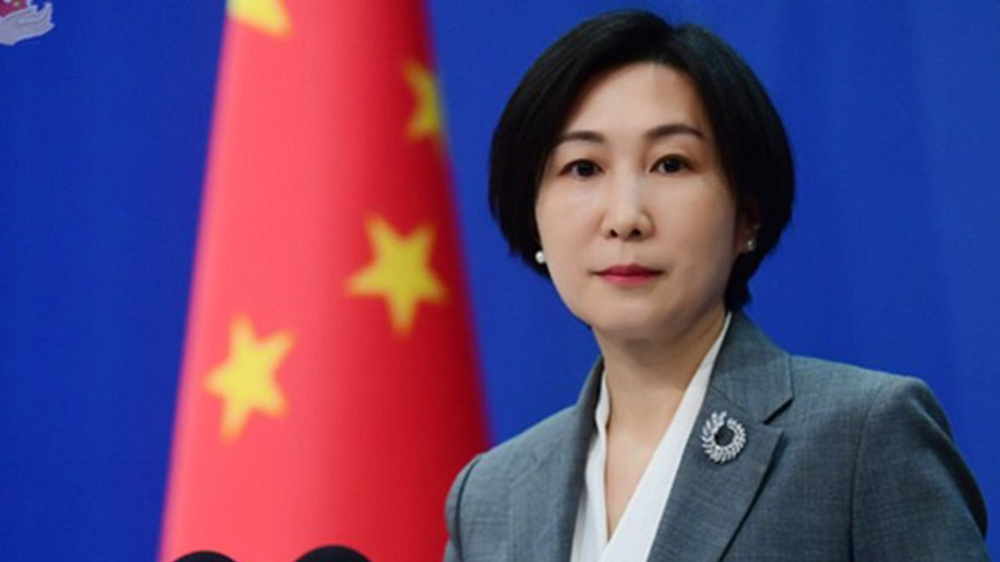China reiterates calls for restraint in Korean Peninsula standoff
China urges all sides to put out fire and maintain restraint on the Korean Peninsula as a war of words has increasingly ratcheted up between North Korea and the United States in recent weeks.
Speaking at a daily press briefing in Beijing on Tuesday, Chinese Foreign Ministry spokeswoman Hua Chunying urged a peaceful resolution of the standoff. She hoped that all sides could put out the flames, not add oil to the fire, with their words and actions.
The spokeswoman called on the US to take concrete actions to deescalate tensions on the peninsula. She urged the Democratic People's Republic of Korea (DPRK) to respond to Washington's positive remarks on solving the nuclear issue through diplomatic efforts.
She made such comments in response to recent remarks made by two senior US officials calling for more diplomatic efforts on the issue.
"We have noticed the positive remarks made by US Secretary of State Rex Tillerson and Defense Secretary James Mattis on solving the Korea Peninsula's nuclear issue through diplomatic efforts. We hope that the US could put these words into concrete policies towards DPRK. At the same time, we also call on the DPRK to respond in the same positive attitude," media outlets quoted Hua as saying.
Elsewhere in her remarks, Hua said China's position on the Korea Peninsula's nuclear issue has been consistent and clear.
Beijing believes that security is the core of the issue and that both the United States and North Korea hold the key to solving it, she said.
The Chinese official said a recent proposal put forward by China should be taken with due consideration. The proposal calls for the suspension of missile and nuclear tests by the DPRK and suspension of joint military drills by the US and South Korea.
Tensions over North Korea escalated in July, when Pyongyang twice successfully tested an intercontinental ballistic missile (ICBM) capable of targeting the US mainland.
US President Donald Trump said last week Washington would rain "fire and fury" on North Korea, which some interpreted as threatening the country with a preemptive nuclear attack. A day later, he doubled down on his threat, saying a military option against North Korea is "locked and loaded."
In response to Trump’s dire warnings, North Korea said it was "carefully examining" a plan to strike the American Pacific territory of Guam with missiles. Guam is about 3,200 kilometers from Pyongyang, North Korea's capital.
The North Korean military said it could carry out a preemptive strike if there were signs of an American provocation.
Trump was criticized by both Democrats and Republicans for issuing a threat of launching a nuclear strike against North Korea with which the US has been in conflict since the start of the Korean War in 1950.
North Korea says it will not give up on its nuclear deterrence unless Washington ends its hostile policy toward Pyongyang and dissolves the US-led UN command in South Korea. Thousands of US soldiers are stationed in South Korea and Japan.

Russia's Lavrov, China's Wang discuss Korean Peninsula tension
Meanwhile, Russian Foreign Minister Sergei Lavrov discussed the situation on the Korean Peninsula with his Chinese counterpart Wang Yi on Tuesday.
According to the Chinese Foreign Ministry, Wang told Lavrov in a telephone call it was urgent that the United States and North Korea "put the brakes" on mutually irritating words and actions.
Senior Chinese and Russian officials have repeatedly urged dialogue and restraint to cool down the current confrontations on the Korean Peninsula.
'Hands on trigger': IRGC warns US and Israel against any miscalculation
VIDEO | US and Israel’s failed terrorism
After Venezuela, Trump sets sight on Cuba for 'regime change': Report
Trump’s ‘bulldozer’ diplomacy is deepening US-France rift: Analyst
Israeli bullets found in bodies of children killed in recent Iran riots: Report
South Korean civic leaders demand peace with North
VIDEO | Iran foreign-backed terrorist attacks: Italian diplomats decry US-Israel interference
VIDEO | Israel demolishes UNRWA structures in East al-Quds









 This makes it easy to access the Press TV website
This makes it easy to access the Press TV website